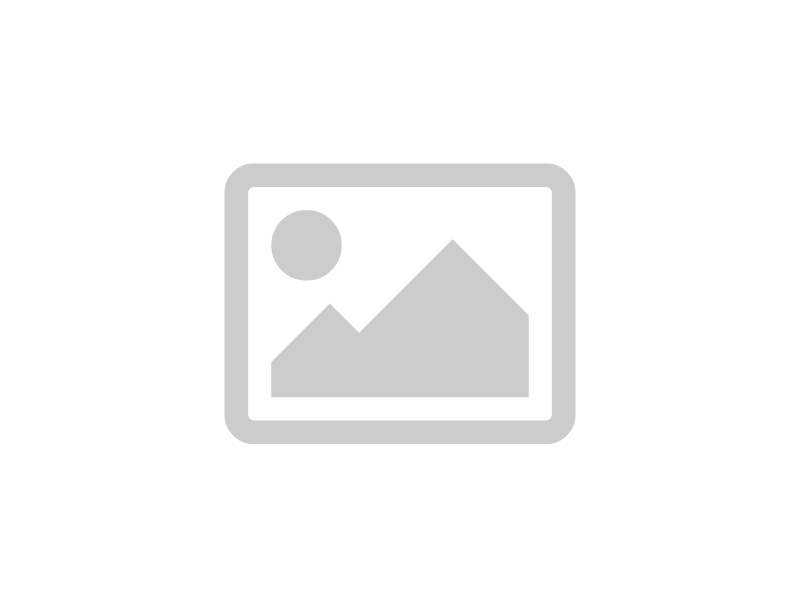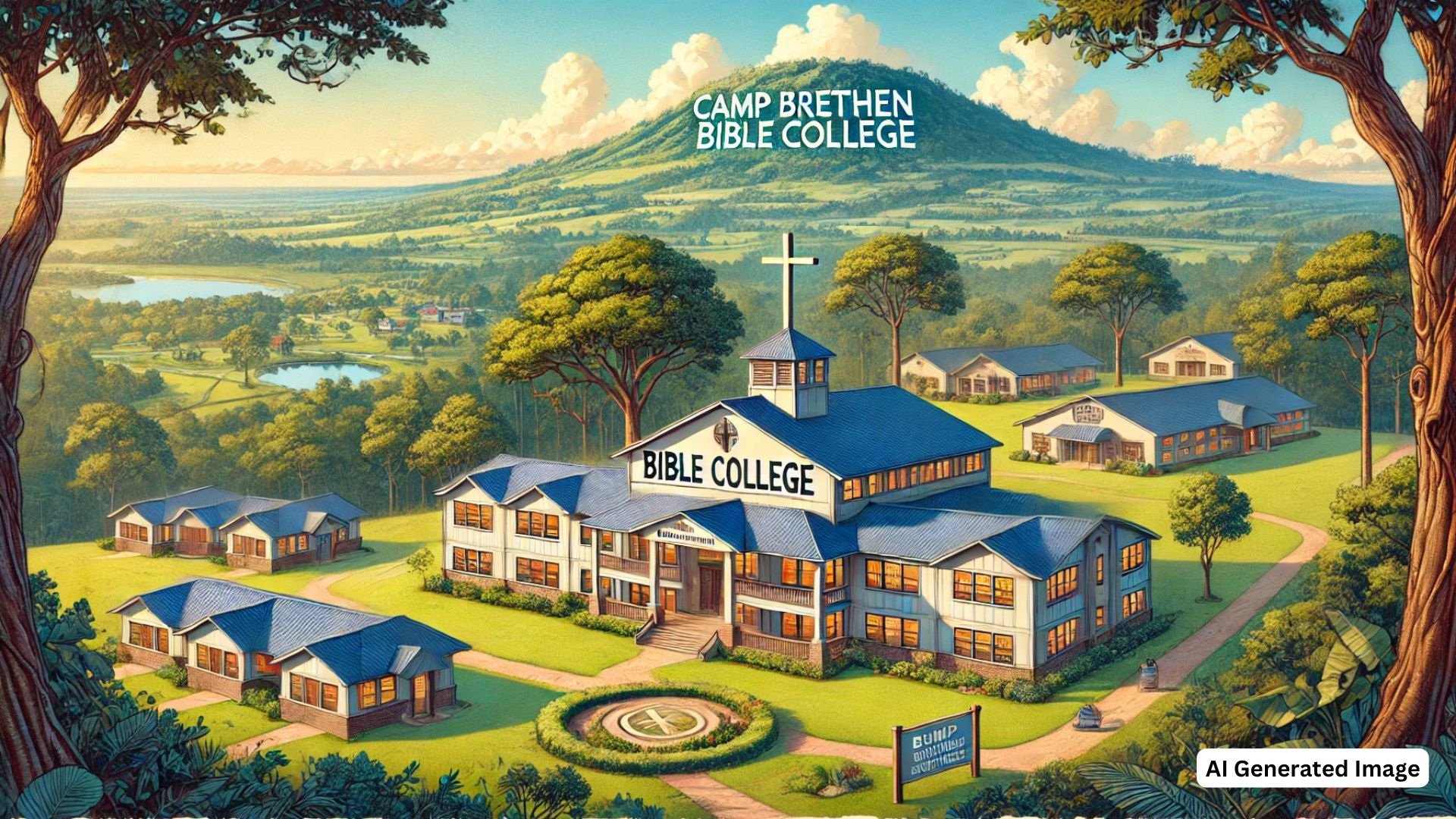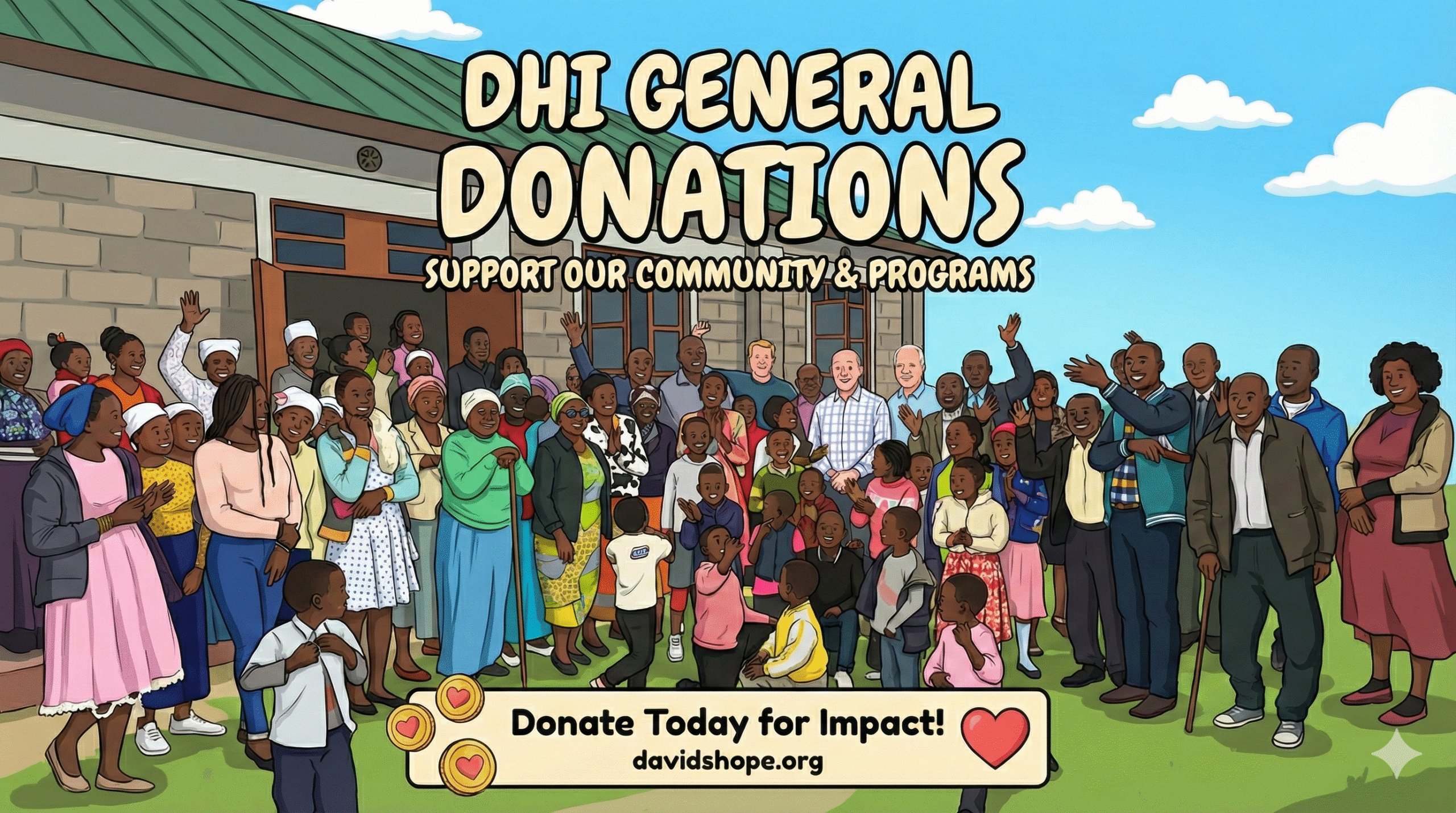Scott Sweat’s Blog: Goals for My Trip
Good Day David’s Hope friends! As you read this, I am somewhere over the Atlantic or maybe Europe. Hopefully, I am resting and getting prepared for a big week in Kenya. I’ll be shadowing Pastor Steve most of the time, but I also have a few big things to do. For instance, Steve has asked me to give the sermon at his church on Sunday. Any of you who know me, know that giving a sermon in front of a church is WAY outside my comfort zone. So there is a high probability that in between power naps on the plane, I am preparing for that. Or I might be going over my lists of things I want to learn during my time with Pastor Steve.
I live by goal lists. In fact, my wife makes fun of me for my daily, weekly, short-term, and long-term goals that I keep neatly organized on my clipboard. I really believe that if you don’t write down your goals, you are less likely to actually achieve them. And I definitely want David’s Hope to achieve our goals. Our most important goal is to continue to grow God’s kingdom in Kenya. Meeting physical needs provides an open door for us to do that, following the model that Jesus himself used to reach people with the Good News. There are lots of pieces that have to come together for that to be successful. I’ve spent hundreds of hours over the last few months working out what we need to do to achieve our goals, and I thought you might be interested in some highlights from my list of discussions to have with Steve:
Strategic Planning. Discuss our shared goals determined in January 2011 and project-out the vision for the ministry: 1 to 3 years, 3 to 5 years and 5 to 10 years. Make sure we understand expectations for the school and raising up future leaders of the ministries.
Long-term Self-Sustainability of Camp Brethren Ministries (CBM). Discuss our two goals for sustainability: 1) that businesses produce income to fund the ministries without outside support, and 2) to provide opportunities for development to grow leaders that can support Pastor Steve & Mary and CBM. Discuss what income-producing businesses CBM will attempt (i.e. hospitality/tourism), and determine how we will prove each concept before moving forward (especially with regard to our existing farming business). Make Talk about building up diversified streams of income for CBM in a way that does not undermine the local economy or the church.
Sponsorship Program. Discuss the prospect of sponsoring all 166 children in the school at $25/month to fund the children’s education, healthcare and daily meals as well as help subsidize the orphanage. Make sure the logistics, burdens, and benefits of the program are understood and lifted up in prayer. (By the way, if you’d like to sponsor a child let us know and we will get you set-up in July when we kick off the program!)
ICM Model. Discuss the International Care Ministry’s method of reaching the community with the 3 simple themes of spiritual growth, economic livelihood tools, and hygiene/ healthcare practices. Brainstorm ideas on how/if this model could work or be a tool for Pastor Steve in Eburru.
I hope these ideas help you understand a little bit more about what’s in store for David’s Hope and Camp Brethern Ministries. I’m looking forward to talking through each of these things with Steve during my time in Kenya. I’ll be sending more updates and stories along the way, so stay tuned!
Have a Glorious Day!
Scott Sweat




Scott – as if we needed more proof that God is sending the right man for the job 🙂 I pray for your continued success while in Kenya. I pray that God provide you the wisdom to share a message with the Kenyan people, a message of hope, joy, and peace. May the ground where your feet touch bring prosperity. I pray for your safety and that you return with stories that inspire and motivate.
LyBiC,
Paul